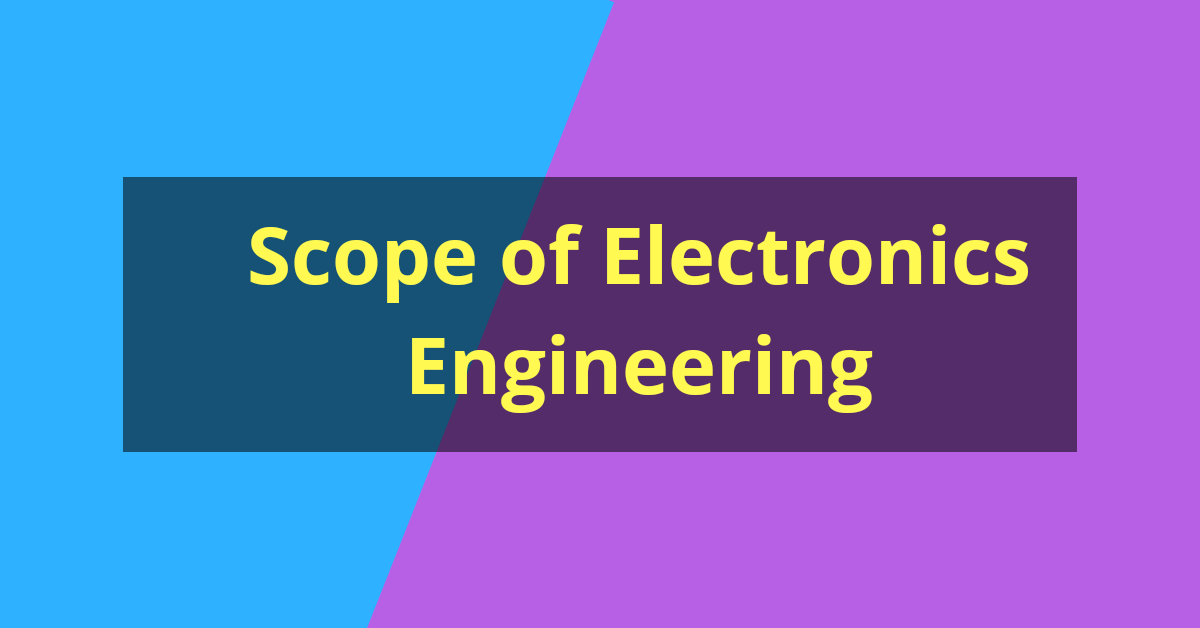Career in electronics engineering:
Electronics engineering
Electronics engineering is about studying electronic devices, circuits, equipment and systems that use these things. While studying electronics, we learn how to use various electronic components, from traditional analog components to digital, microcontrollers, microprocessors, and programmable logic devices.
Electronics is one of the most popular engineering industries. This particular discipline has been a popular choice for a long time. With the development of the age of computers, electronics and communications have become an inevitable field that is needed by almost all industries.
Electronics are a part of our daily lives today, from cell phones to televisions, computers, to the latest high-tech satellites that help us to live a smooth life. Electronic and communication technology is also a major driving force for the modern revolution in information technology. Subfields of Electronic engineering.
Subfields of Electronics engineering
Electronics is a sub-area in the broader field of electrical engineering, but it shows a broad technical area that includes sub-areas such as analog electronics, digital electronics, consumer electronics, embedded systems, and electrical electronics.
Electronics deals with the use of applications, principles, and algorithms that have been developed in many related fields, such as solid-state physics, computer technology, radio technology, telecommunications, energy management control systems, signal processing, robotics, system technology, instrumentation, etc. And many others.
Scope of Electronics engineering

Can you think of a life without electricity and long-term consumers such as TVs, refrigerators, microwaves, etc. – Looks tough and hard to survive.
Electricity and electronic devices have become indispensable needs. Due to increasing dependence on electrical and electronic products, various electrical and electronic techniques have also grown rapidly compared to the past decade.
When we talk about the level of employment in various fields of electrical and electronics engineering, it continuously increasing to meet the various needs of consumers in India and abroad.
Electronics is required whether it be private or public sector. The scope of Electronics engineering can be understood by the following points.
- Graduates / Ph.D. students can work as production managers and key designers, purchasing departments, and others involved in the production process.
- Electronic engineers also design and develop control systems.
- They also handle project management in terms of cost and time and optimization of resources.
- They solve problems with existing machines/processes.
- You can also work with the production unit as a health and safety officer to ensure compliance.
- As qualified employees, they guarantee quality standards for electronics.
The government has introduced the Phased Manufacturing Programme to promote the production of electronic products within the national boundaries. Information Technology Agreement of WTO has been focusing on devising the right methods for encouraging the production of electronic goods.
Conclusion
The entire talk is based on facts and figures, which confirm electronic dominance – not only now, but also in the future, the scope of electronics engineers will remain unaffected by factors such as technical progress and recession, etc. The moral of the story is, therefore, that students who wish to receive engineering education after the 12th standard, electronic engineering is one of the best for them
